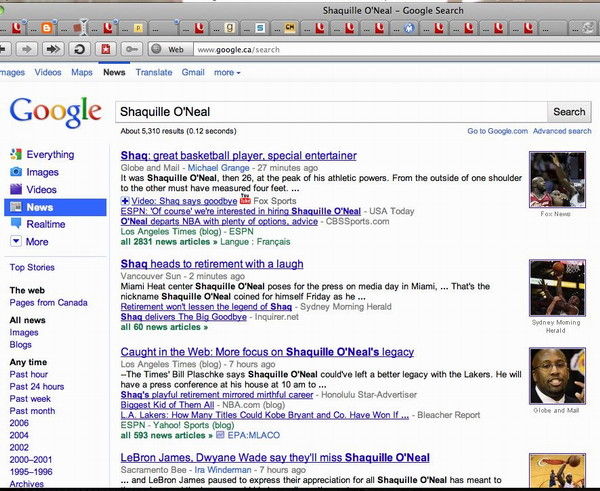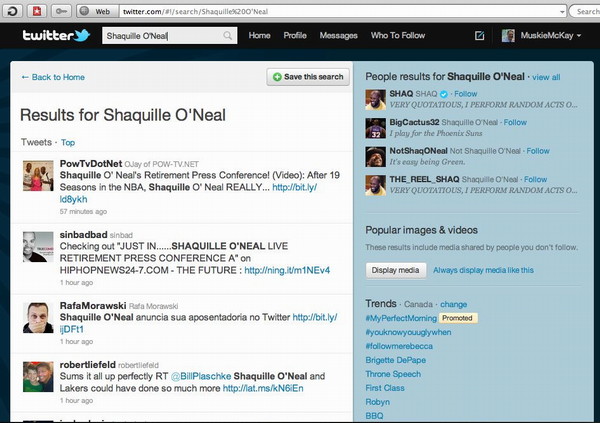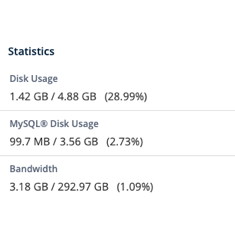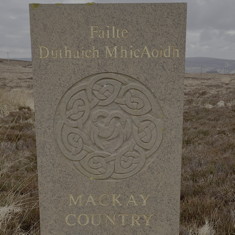Impact VS Influence, Another Dichotomy
June 3rd, 2011I decided to write another blog posting elaborating on one of my all encompassing theories from yesterday’s post. The theory in question I dubbed “Concentric Circles of Coolness” and it was developed late one night in Nuremberg Germany while listening to Townes Van Zandt. Rehashing my previous post, imagine society’s consciousness or perception as a plane of flat water. Music or musicians or indeed a great many things can be thought of as objects (pebbles) dropped into the water. The initial splash is the impact and the resulting ripples represent lasting influence.
Simple really but the model or at least the means of visualizing impact and influence is very useful and applicable to more than just pop music. Consider a bullet fired into the water, it has a lot of impact but spread over little area and the resulting ripples are modest. Compared to say a cinder block tossed into the same water, it results in a greater splash upon impact and longer lasting, further traveling ripples. The final thing you learn from throwing stuff into the water at a young age is wood floats.
With the surface of the water being consciousness or perception, something that floats represents remaining visible and relevant. This happens in popular music with some artists, songs, and albums. Looking at the physics of throwing a piece of firewood into the water, it makes quite a big splash, not as big as the cinder block, but greater than the smaller bullet no matter its velocity. If you observe the ripples over time, the floating firewood will continue to create ripples and affect other ripples for a lengthy period of time, greater even than the cinder block.
Popularity
Popular music follows this model, but so does the Internet. Measuring popularity in music is for Billboard or Soundscan. I’m not interested in popularity. I’m interested in impact and influence and so are search engines. Although not a one to one correlation impact is comparable to timeliness and influence to timelessness. Once again these aren’t the terms you hear used by search engines, they prefer to describe the freshness of their index or the size of their index, and that is what search engines were primarily obsessed with until the rise of social media.
Algorithms VS Physics
Search engines use algorithms made by PhDs who like to quantify things mathematically. Luckily there is physics to go with my theory. Collisions involve forces, the transfer and conversion of motion, etc. Waves have amplitudes, frequencies, etc. The one flaw is after the initial impact, influence can reverberate for longer than any rock or log will demonstrate in a pond. Influence is more like radio or radar waves continually broadcasting. I’m sure someone could make a mathematical model from my observations and insights.
Valuing Popularity
I don’t need to assign a numerical representation to the impact of an artist or an idea, nor do I need to measure mathematically someone’s or something’s influence, but Google and Klout do. Google famously has PageRank measuring the importance (influence) of a website whereas Klout measures the influence of a person or at least their Twitter account. A lot of ink (digital ink) gets spilled writing about search engine rankings and now social media influence. From a contact in Spain who appears to have been at a conference with Danny Sullivan or Ev Williams, I received this link trying to determine Twitter’s ranking in the search engine wars.

Twitter VS Google News
One of the insights Danny makes or at least people should take away after reading my ramblings and his summary of the data present by Twitter is; Twitter is more interested in Impact in their search algorithm while Google is much more interested in Influence. Impact is immediate. Consider the L.A. Lakers at any given moment some website or webpage is number one in Google News for the term “L.A. Lakers“. Does the number one story have Impact? Not necessarily. That is the flaw in Google’s News Search that many have started to rile against. It doesn’t reward people who break stories, rather people who just rehash news with little new or unique information/insight can dominate Google News.
Now consider Twitter particularly their search results, they are all about timeliness. You search for “L.A. Lakers” you get the very latest tweets on that subject. Do these tweets have impact or influence? Unlikely. Timeliness is not mutually exclusive from Timelessness, see “A Modest Proposal” for an example with plenty of both. Impact is closer to being mutually exclusive from Influence. Impact is immediate, but the impact can resonate for a long time as my model about water ripples illustrates. When Shaquille O’Neal announced his retirement that news broke on Twitter. Performing a search for “Shaquille O’Neal” on both Google News and Twitter doesn’t return the original Tweet by Shaq or the first story written after the Tweet. Both algorithms are emphasizing Timeliness to a high degree.

Disposable Content
In all likelihood the stories and tweets I caught in my screen shots will be quickly forgotten. They don’t have impact, they don’t have influence, they certainly don’t have timelessness. Yet two very important algorithms returned them while I was writing this blog post. Timeliness is important, especially in the Internet Age, but to give it such weight in a search engine algorithm is problematic and sub-optimal. What of Shaq’s own tweet announcing his retirement? Where is that in that in the search results? What about the actual press conference? Surely those two have more impact and probably more influence and most importantly from a websurfer’s point of view greater relevance when searching for “Shaquille O’Neal” at this moment in time.
But what of Klout?
Klout claims to be “the standard for influence”. They’re not even a search engine, Topsy is however, but I haven’t examined their results in much detail. I think Klout uses data from Topsy. As Klout has gained traction in the market or at least buzz, a lot of ink has been spilled (once again digitally) on its flaws or its secrets or ways to game the system. One of those posts floated through my Twitter feed this morning. I didn’t even have to read it to know I would work it into my expansion of my all encompassing theories.
Turns out the author, Alex Braunstein is “a Ph D Statistician and search quality engineer”. His post even got an official response from @Klout or somebody at Klout. I myself am running out of steam. Clearly measuring the impact of an announcement instantaneously such as Shaq’s retirement is difficult to do. Yet with all the emphasis on freshness or timeliness of search engine results being placed by some algorithms, the PhDs clearly need to consider impact and not just influence. Impact has a very short almost instantaneous time frame whereas to measure influence it is necessary to allow considerable time to pass when it comes to topics like popular music or literature. Algorithms such as those used by Google and Klout have to determine influence ie importance/relevance quickly and for a lot more varied topics than just popular music and literature.
Thus the complaints and the continued creation of yet more search engines and ranking algorithms.
So next time you’re thinking about a popular book or you perform a series of web searches about a topic consider the impact and the influence the author(s) have had and how that is being measured. But don’t forget that the most important qualities in writing whether online or offline are timeliness and timelessness. If you have thoughts on popularity and algorithms you can leave them below.
This entry was originaly posted on , it was last edited on and is filed under: Technology and tagged: Google, Klout, Popularity, Social Media, Twitter.





they are really over complicating search by adding social elements, what i want is real info not some idiots tweets on the subject.
Klout released the +K or K+ button the other day. It is only on their website, but basically my ‘friends’ are supposed to vote me an expert on topics… The reason I think these +1 buttons are popular is they indicate real people making real decisions. Algorithms get fooled sometimes or just do things unexpectedly when they get vastly over-complicated as most search engine ones have undoubtedly become.
Advertisers care about real people, so finding out what real people are reading or at least scanning, and further more what real people are recommending is valuable information. The search engines then use this information to sell advertising and likely website owners will start citing their ‘likes’, ‘retweets’, ‘+1s’ and other other stats in addition to page views and unique visitors or the original all magical “hits”.